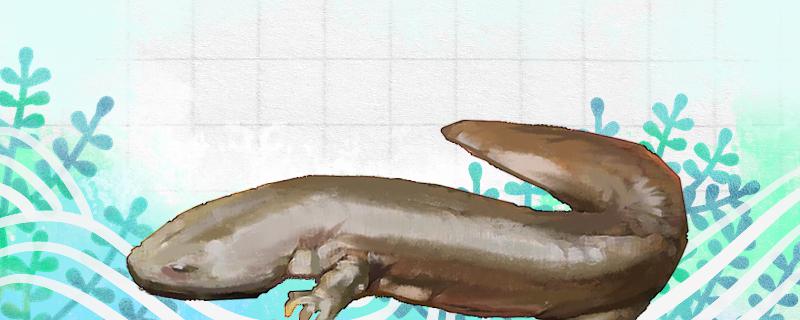
. They can live well mainly by providing them with a suitable environment. They are an amphibian. They need to be provided with a humid environment. Their skin can secrete mucus, which is used to assist breathing. They should be raised in a reasonable amount of water. Generally, they are in good health. If they are too deep, they will not be able to climb up.
The temperature should also be appropriate, generally controlled between 0 and 28 degrees Celsius. If the oxygen content is sufficient, they can be placed in the vent. The water quality should also be clean, and the water should be changed frequently to avoid the disease caused by the poor water quality. However, it should be noted that the giant salamander belongs to the second-class national protected animals and can only be raised with the approval of the state.
do giant salamanders get easily? The diseases that giant salamanders get easily are saprolegniasis, enteritis and tail rot. When it is found that the giant salamander has inconspicuous white spots and cotton-like hyphae, some muscles are rotten, and there is a phenomenon of not eating, then they are likely to suffer from Saprolegniasis. When it is found that the giant salamander is depressed, has no appetite, and its feces are not formed, then they are likely to suffer from enteritis at this time. When it is found that the tail of the giant salamander is congested and rotten, and the smell of decay can be smelled, then they are likely to suffer from the disease of rotten tail. When they are found to be sick, they should be treated in time.